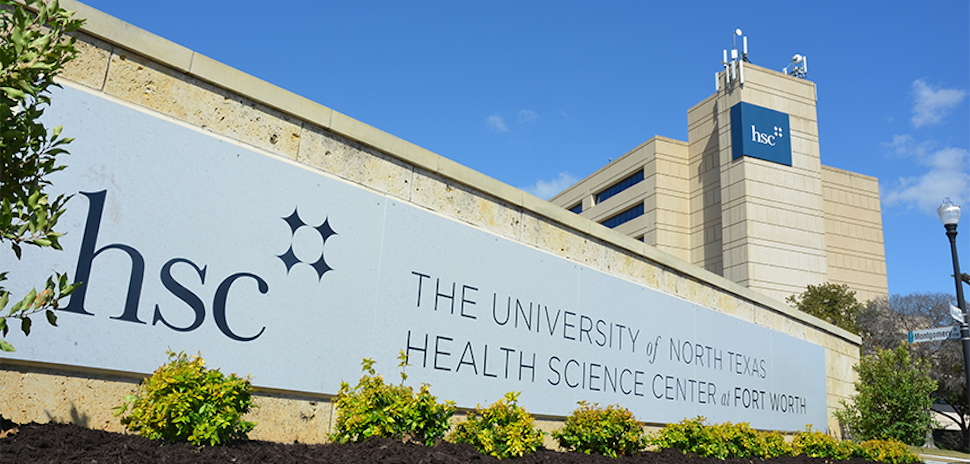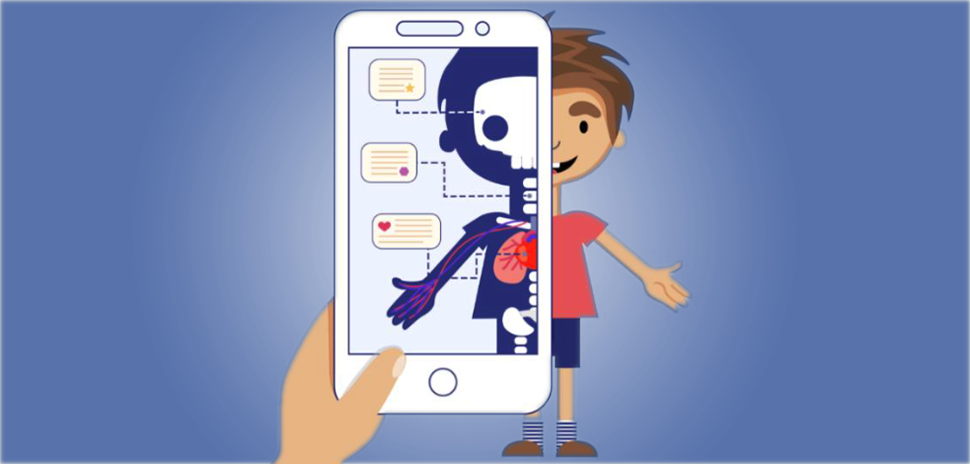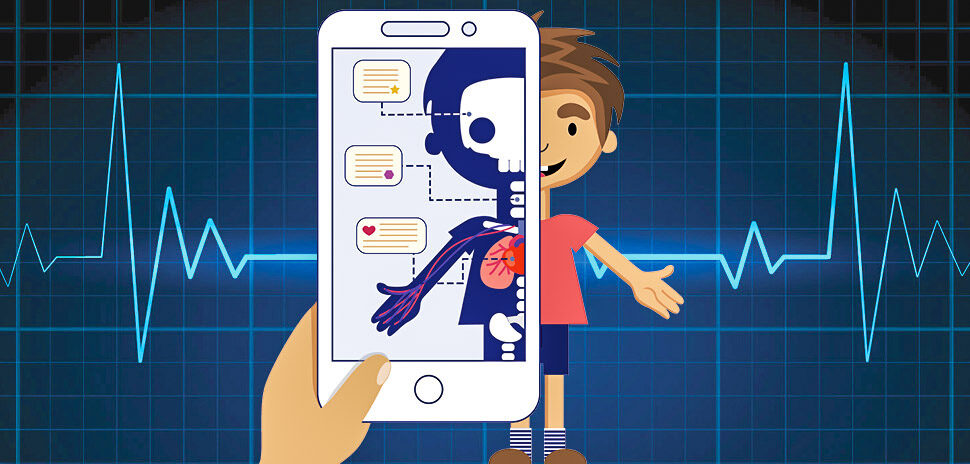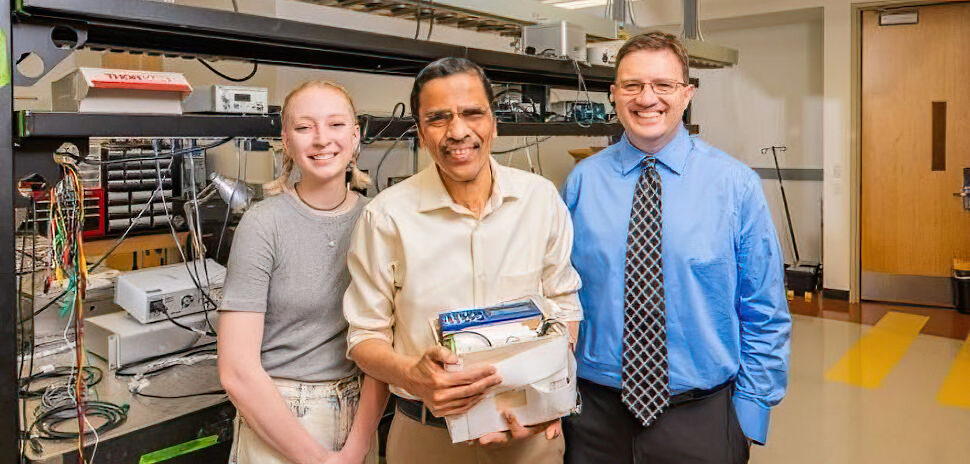
Photo: diego_cervo via iStock
Dallas startup Solv launched a new app that helps patients schedule medical appointments with urgent care centers.
And, it automatically finds centers that take your insurance. The costs are presented upfront, too.
The app went live recently after a six-month beta test, NBC5 DFW reported.
“In health care, as we know, we kind of lag a little bit, but I think with this kind of system and app, it’s really in the palm of your hand,” Dr. Khoshnood Ahmad at Pediatric Urgent Care of North Texas in Frisco told NBC5.
Another startup called PulsePoint has partnered with the Grapevine Fire Department to offer a new service in the city. The PulsePoint Respond app notifies people who are CPR trained when there’s a cardiac event nearby, NBC5 reported. It also directs them to the nearest defibrillator.
The app, activated by Grapevine emergency dispatchers, gives patients a chance to receive life-saving medical care before paramedics arrive.
Dallas Innovates, every day
R E A D N E X T
-
The award from the National Institutes of Health will help HSC lead the AI/Machine Learning Consortium to Advance Health Equity and Researcher Diversity, or AIM-AHEAD, program. The effort will bring together experts in community engagement, AI/ML, health equity research, data science training, and data infrastructure.
-
Put your problem-solving chops to work. The Children's Health event encourages gamification, augmented reality to solve for age-old pediatric health care problems. There's even a no-code challenge.
-
Five local winners received up to $200,000 in funding to activate their solutions throughout North Texas.
-
High schoolers who focused on the mental, emotional aspects of health care dominated the hackathon. That's especially impressive, considering that of the 14 teams competing, four were high school teams, eight were college teams, and two were professional teams. See the top three winning submissions here.
-
The noninvasive technology—developed in collaboration with Austin-based Shani Biotechnologies—may enable real-time monitoring of vital blood parameters like hemoglobin, without taking blood samples or using expensive equipment. It could be especially useful for monitoring people of color, helping to close racial disparities in health care diagnostics.































